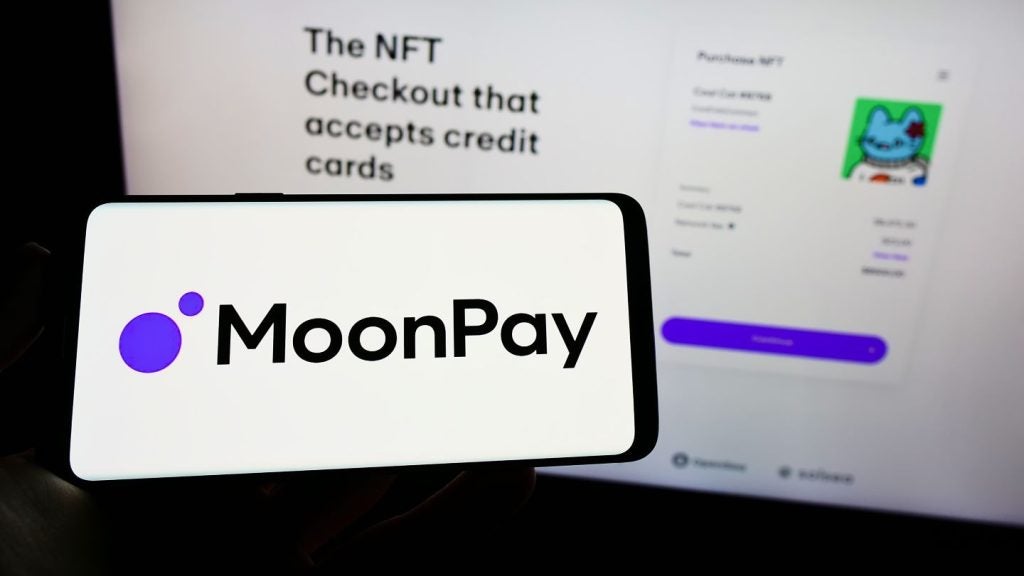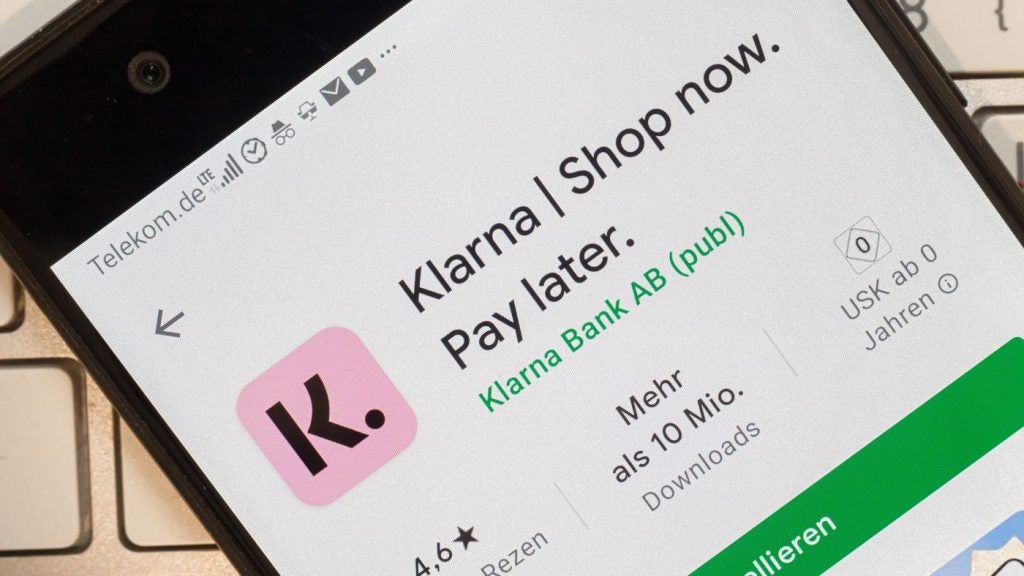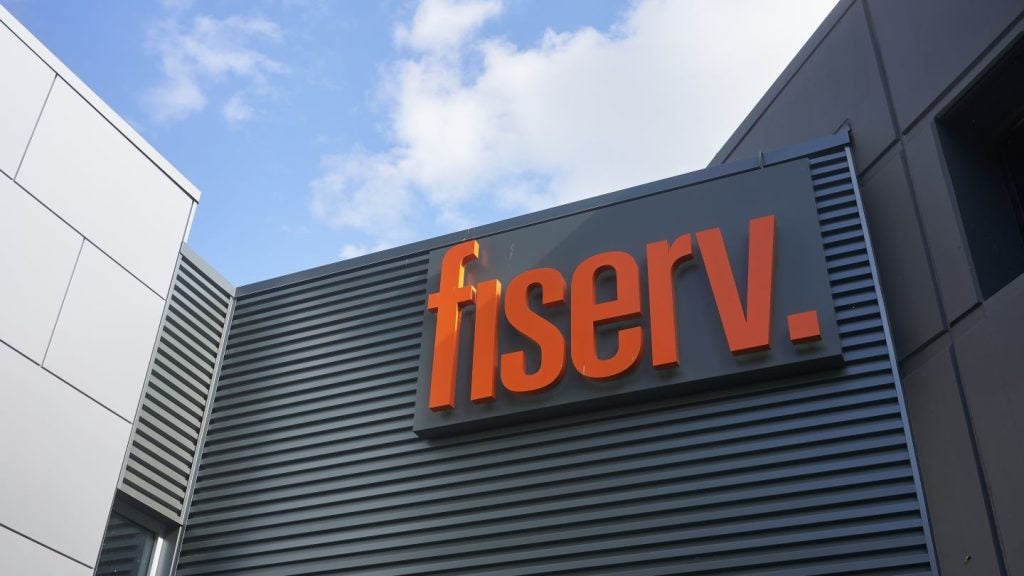Cards are losing online payments market share. As the banking industry watches the alternative payments industry grow, it is under increasing pressure to deliver its own alternative to card schemes before they get shut out altogether, writes John France.
 Credit cards share of online payments is expected to decline from the current 60% to 44% by 2012. According to the Javelin Strategy & Research Online Retail Payments Forecast 2010-2014, 41% of online consumers prefer alternative payment options over credit cards.
Credit cards share of online payments is expected to decline from the current 60% to 44% by 2012. According to the Javelin Strategy & Research Online Retail Payments Forecast 2010-2014, 41% of online consumers prefer alternative payment options over credit cards.
It is widely forecast that the figure for alternative payments will increase massively, accounting for around one-third of all payments by the end of 2015 and clearly these are transactions, which will largely happen outside the banking arena, with little or none of the revenue going to banks.
Many would argue that cards are fundamental payment instruments for todays consumers and that issuing banks will continue to see healthy revenues from interchange for years to come.
Personally I think that this is a myopic view; not only is the physical card struggling to remain relevant in an ever more digital world, but the revenues it generates will be increasingly attacked from four sides over the coming years:
How well do you really know your competitors?
Access the most comprehensive Company Profiles on the market, powered by GlobalData. Save hours of research. Gain competitive edge.

Thank you!
Your download email will arrive shortly
Not ready to buy yet? Download a free sample
We are confident about the unique quality of our Company Profiles. However, we want you to make the most beneficial decision for your business, so we offer a free sample that you can download by submitting the below form
By GlobalData Alternative payment providers moving into the physical world
Firstly, this will happen where the alternative payment provider moves into the physical world. This presents a real opportunity for companies like PayPal to massively increase revenues, while at the same time posing a serious threat to banks bottom line.
Reduced interchange fees
Existing bank revenues obtained on the boundaries of alternative payments systems (eg, the loading or unloading of an account via a card) will also be attacked as non-bank alternative payments providers will look to reduce the amount they pay in interchange, moving to less costly mechanisms for loading and unloading of accounts (eg, direct debits).
Online credits and virtual currencies
Thirdly is the emergence of online credits or virtual currencies, such as Facebook Credits, and the impact this will have on the payment systems in general. While they may start out as propositions best suited to low-value/micro payments, the sheer number of users and therefore transactions will result in a significant amount of money being moved around, bypassing the banking networks altogether.
The role of the European Central Bank
And, lastly, we shouldnt ignore the European Commissions pledge to reduce the current debit card interchange fees and the concerted efforts by the retail community to reduce the fees that they feel are unfairly levied upon them by the international card schemes.
Banks: act now
 The writing is on the wall: banks need to act now, and fast. They need to come up with a solution to protect their payment revenues and reinstate themselves in the transaction. Banks should focus on generating alternative revenues, retaining and building upon their customer relations. The reality is that if they dont act now, it will be too late.
The writing is on the wall: banks need to act now, and fast. They need to come up with a solution to protect their payment revenues and reinstate themselves in the transaction. Banks should focus on generating alternative revenues, retaining and building upon their customer relations. The reality is that if they dont act now, it will be too late.
I believe that banks need to respond by re-engineering their internal processes, to create both a more agile and digital physical structure. Consideration needs to be given to the fact that profit isnt just made from card revenue, and that opportunity also lies with the alternative payments channel.
Unlike banks, with their long-established P&L responsibilities linked to delivery channels, the new entrants are already geared up for the age of connected devices, an age in which the delivery channel is merely a route through which payments and their associated revenues can be generated.
As a result, they are far better positioned to take advantage of the new payment methods that consumers are demanding and over which the banks are locked in internal battles over whose P&L will be cannibalised.
Now is the ideal time for banks to break away from this model and look at moving their entire retail banking systems into the digital arena to encompass all forms of payment. In doing so they will need to move away from the view that internet banking is a cost and, through the establishment of Online Banking enabled Payments (OBePs), into a truly digital channel that can and will generate significant payment revenue thereby counter-balancing the negative impact on card revenues as identified above.
Not only does a physical world payment cost far more than a digital payment to conduct, it is also more expensive to establish the issuing and acceptance environment. With the former, a card needs to be produced and posted to the consumer along with a secure PIN. With the latter, the customer simply needs to sign up to a service at no cost to the bank.
Digital banking and digital payments can and will make money for banks, and the time is right for them to seize this opportunity.
Banks need to realise that payments isnt just something they need to have to suit their customers, but that it has the potential to generate a serious revenue stream.
John France is managing director of European payments at eWise







